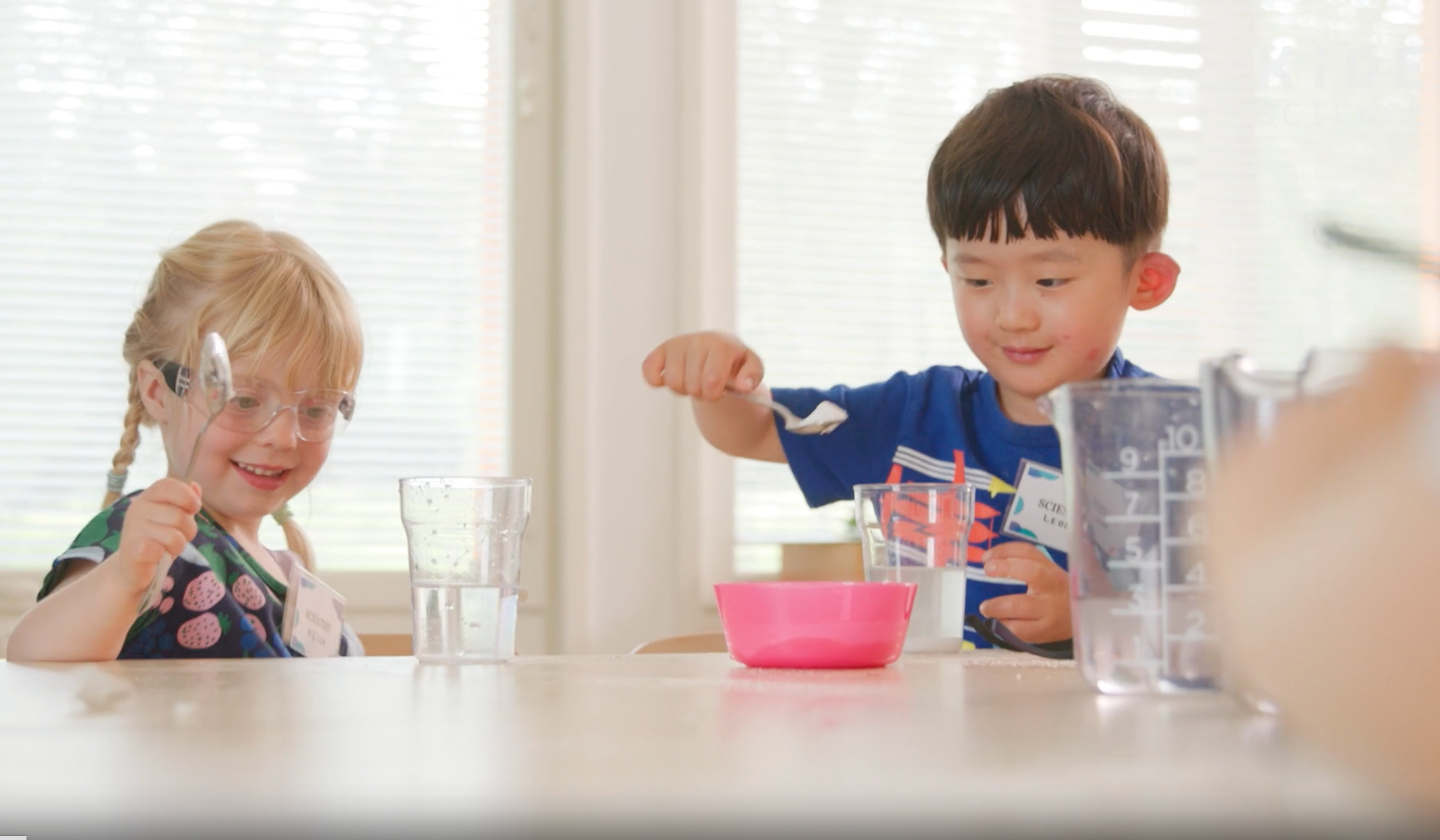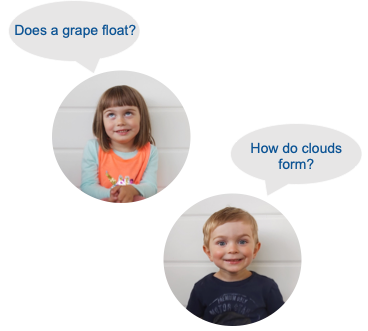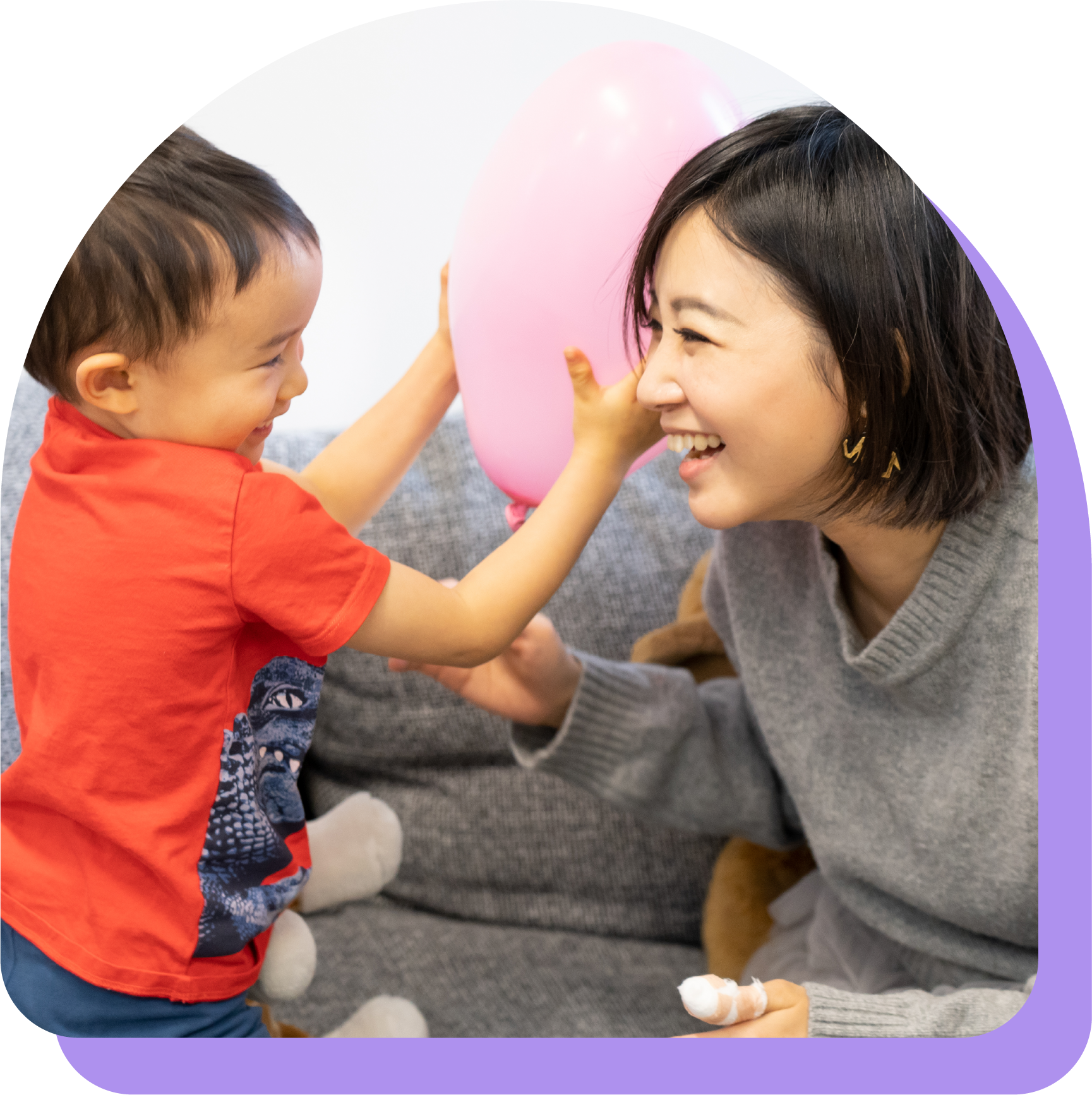How Do We Know That Children Learn?
We shouldn’t score children in early childhood education -- we ask enough of our teachers as it is. "Preschool educators are now tasked with ensuring cognitive, social-emotional, and academic curricular goals are met within the context of children's play."

You might have seen our thoughts on testing.
We’re not alone! Kindiedays shares these beliefs. We shouldn’t score children in early childhood education -- we ask enough of our teachers as it is.
“Preschool educators are now tasked with ensuring cognitive, social-emotional, and academic curricular goals are met within the context of children's play.”
We asked Kindiedays to provide their thoughts on assessment as well, and they were gracious enough to accept. What follows are their thoughts on evaluating and communicating the learning process.
A Better Way
We must balance two sides of the same coin in early education. Curriculum and learning objectives combine to guide the planning of playful activities with children. That doesn’t mean we test how well they’ve reached each objective, though.
Instead, we use new means for formative assessment, and we employ them throughout the learning process. We need to understand how children develop and guarantee the quality of their learning. Doing so also helps engage families and earns their confidence.
Pedagogical documentation gives children a voice and reveals their thinking
Pedagogical documentation is essential to planning, implementing, evaluating, and developing early childhood education and care.
It is a continuous process in which observation, documentation, and interpretation combine to create a holistic understanding of the activity. This creates space for the educator to improve, as well as the student.
Simply, pedagogical documentation is observing children’s play, projects, discussions, ideas and inventions by taking photos, making notes, recording audio and video, and using all the documents purposefully.
Pedagogical documentation produces concrete and versatile artifacts about the children’s lives, development, interests, thinking, learning, and needs, as well as the activities of the group. Individual observations make it possible to examine the children’s development and learning, together with the children and their families.
Knowledge and skills already acquired by the children, as well as their interests and needs, are made visible and used as the basis for planning the activities.
Modern technology enables the professional learning process and pedagogical documentation
With a digital pedagogical management solution (ahem, like Kindiedays), preschools can manage the learning process in line with the curriculum of choice.
Educators can now ensure that the learning objectives are met within the context of playful learning. A pedagogical management solution is a great tool for educators to document the child’s learning in detail with pictures, videos, comments and other information in the learning moment – not afterwards.
A pedagogical management solution also eases the planning of future activities, as each child’s real-time journal shows what they’ve been playing with and learning in the preceding weeks. Further, these artifacts provide engagement opportunities with parents, bringing the in-classroom environment into conversation with the home environment, creating a greater understanding of the child’s interests and progress.
The documented learning moments automatically compile to create the child's portfolio. The portfolios and learning reports provide a holistic and in-depth view on the child’s learning and development, supporting the planning of future activities.
Kindiedays is also great for keeping close contact with the families. It is easy to share documents of the activities and ask, “Is your child playing this game at home too?”
Engaging parents in the child’s learning is becoming increasingly important and is a must in distance learning.
Now it is time to put theory into practice
A modern curriculum defines the framework, guidelines and objectives for working with small children. Kindiedays offers great tools to transform those guidelines and objectives into practice in-class or remotely, following the same learning process in a consistent way.
Together with Kide Science, we provide complete world-class solutions to the preschools in line with best Finnish research and practices. Kide Science STEAM learning objectives are already available on Kindiedays platform and ready to use.
Now preschools and childcare centers can support children’s learning, show proof of learning to families and gain their confidence as well as provide high quality early childhood education services in increasingly competitive markets.
-1.png)

